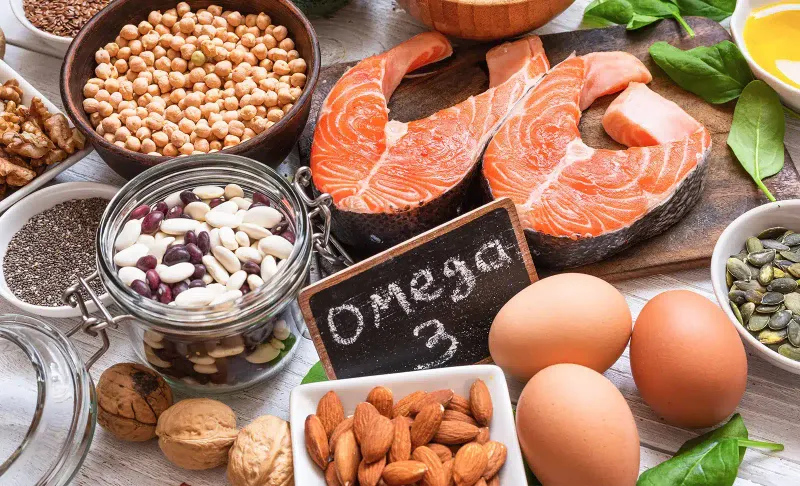Aging gracefully is a goal many aspire to achieve. While genetics play a role, nutrition is a powerful ally in the journey of healthy aging. Vitamins and minerals not only support bodily functions but also fend off age-related issues. Incorporating the right nutrients into your daily diet can enhance vitality, boost immunity, and support mental acuity as you age. In this post, we’ll explore five essential vitamins and minerals that have been shown to aid in this process. From bone health to cognitive function, these nutrients help ensure you remain vibrant and healthy as the years pass.
1. Vitamin D

Vitamin D is crucial for maintaining bone health, especially as we age. It helps the body absorb calcium, which keeps bones strong. Many older adults are at risk of vitamin D deficiency due to limited sun exposure. Supplementing this vitamin can reduce the risk of fractures.
Additionally, vitamin D supports immune function, which tends to weaken with age. A robust immune system is vital in defending against illnesses. Consider spending a few minutes in the sun daily or taking a supplement to meet your vitamin D needs.
2. Calcium

Calcium is essential for bone strength, helping to prevent osteoporosis, a common concern among aging adults. As bone density decreases with age, adequate calcium intake becomes crucial.
Beyond bones, calcium plays a role in muscle function and nerve transmission. Including calcium-rich foods like dairy, leafy greens, or fortified alternatives in your diet helps maintain your body’s needs. If dietary sources are insufficient, consider calcium supplements, but consult a healthcare provider first.
3. Omega-3 Fatty Acids

Omega-3 fatty acids are renowned for their heart health benefits. They help reduce inflammation, a common issue with aging. Consuming omega-3-rich foods like fish can support cardiovascular health.
Notably, omega-3s also benefit brain health, aiding cognitive function and potentially reducing the risk of age-related cognitive decline. Including fish like salmon or mackerel in your diet twice a week is recommended. Alternatively, fish oil supplements are available for those who don’t consume fish regularly.
4. Vitamin B12

Vitamin B12 is vital for maintaining nerve health and producing red blood cells. As we age, absorption of B12 decreases, making supplementation more important.
This vitamin also supports brain function, helping to keep memory sharp. B12 is naturally found in animal products, so vegetarians and vegans might need fortified foods or supplements. Regularly checking B12 levels can help manage and prevent deficiencies.
5. Magnesium

Magnesium plays a role in over 300 enzyme reactions in the body. It contributes to muscle and nerve function, and it’s essential for energy production. As we age, magnesium helps maintain muscle mass and bone density.
Incorporating magnesium-rich foods like nuts, seeds, and whole grains into your diet can boost your levels. Magnesium supplementation might be necessary if dietary intake is insufficient. It also aids sleep quality, which often declines with age. Prioritize magnesium for overall well-being.

Well, hello there!
My name is Jennifer. Besides being an orthodontist, I am a mother to 3 playful boys. In this motherhood journey, I can say I will never know everything. That’s why I always strive to read a lot, and that’s why I started writing about all the smithereens I came across so that you can have everything in one place! Enjoy and stay positive; you’ve got this!

